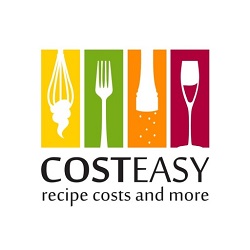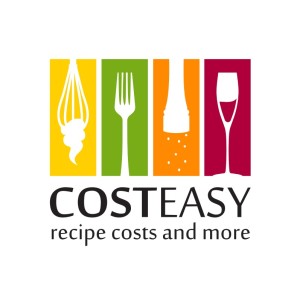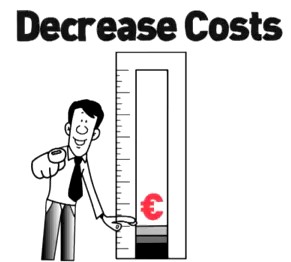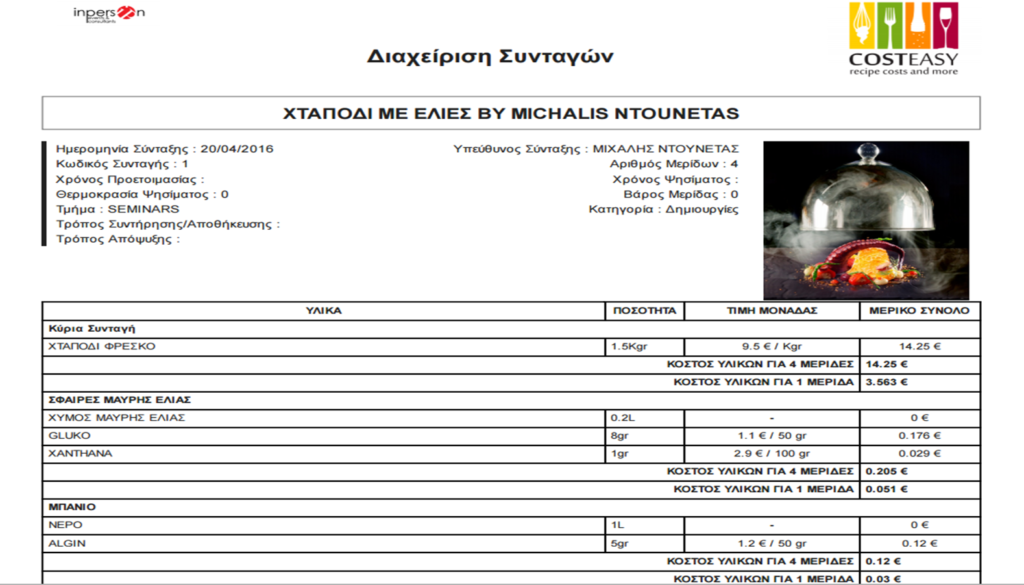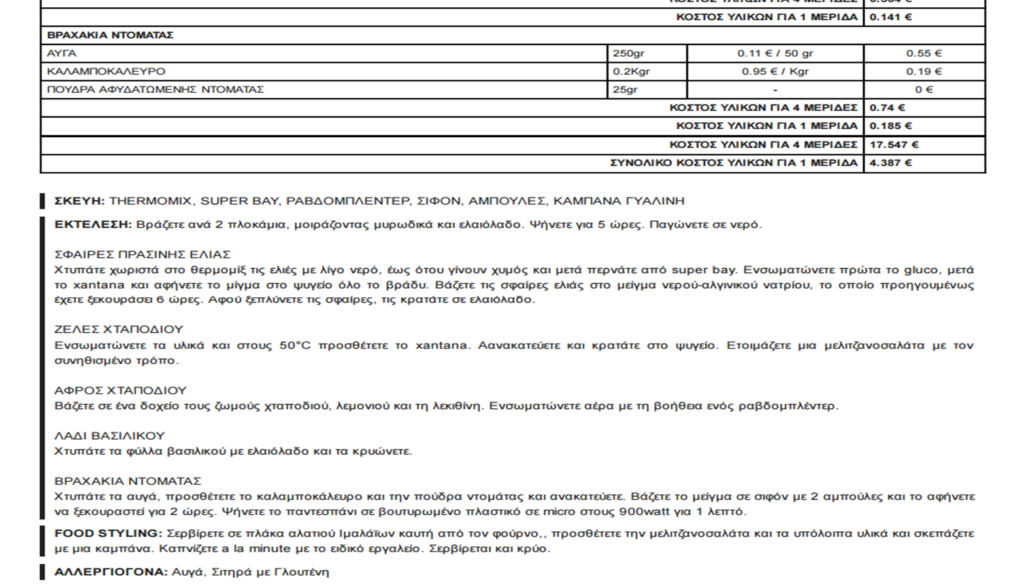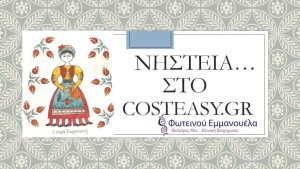
After the tax in the plastic bags it is the turn of the plastic coffee cups!
After the tax in the plastic bags it is the turn of the plastic coffee cups!
In the name of the environmental protection, consumers in Greece have also been forced into the plastic bag taxation since the beginning of the year 2018. And while the confrontation is intense all these days in Greece, in Britain they intend to move the issue of the environmental protection one step further.
MPs are calling for a 0.25 pound tax that is 0.28 euros, in plastic coffee cups, while they do not hesitate to propose a total ban and abolition until 2023 if cups are not fully recycled.
“The United Kingdom throws 2.5 billion disposable coffee cups each year, enough to circle the planet five and a half times,” said Mary Creagh, Member of Parliament who chairs the Committee.
She adds also that “Nearly no such cup of coffee is recycled, with half a million disposed of every day in the rubbish bin. The producers and distributors of these products have not taken the necessary steps to change this situation and the Government remains with fingers crossed”
Consumers, however, express their objections to the imposition of a tax. In a recent BBC story, most seem to disagree with the coffee price increase, while declaring that the government should go ahead with imposing measures on producers of these products rather than on consumers.
But, can companies absorb another cost again? Small and medium-sized businesses, especially in Greece, will be particularly vulnerable to any cost increase, with most not being able to absorb it and therefore pass it on to customers. A decision, however, that has to do with both the costing and pricing policy that businesses want to adapt, as well as with the knowledge on the costing-pricing process even if they have it or not, with the second case being more intense in the Greek market. A process which, even if it is a utopia in Greece, it could lead to the right decisions and all appropriate actions the business needs.
In addition, a potential tax on cups may not have the same effect as the tax on the plastic bags. Several businesses will try to adopt recycling actions and methods by improving facilities and equipment, thereby increasing their costs not only directly but also indirectly through new potential taxation that may be unbearable and even threatening of losing job positions.
However the question is if the coffee cups create such a big problem in the environment? According to a survey contacted by Greenpeace, in Greece, the use of coffee plastic cups, although it has taken uncontrolled dimensions, with an average of about one million on a daily basis, accounts for less than 1% of the plastic consumed annually in the country.
Is the imposition of such a tax the right measure after all? The tax will reduce usage? If usage is reduced, will the impact also be reduced on the environment? – The reduction also means a reduction in sales. Should the profit be reduced and the prices remain at the same level or should the final price be increased? Is it possible to increase the price or can it be absorbed; Endless questions that, even if answered, they will lead us to the next imposition of a tax in another kind.
Do you think that after the coffee cups the napkins will follow?
Written By Panagiotis Kourentas

